John Romero, Christian Heilmann & Warren Spector
Fireside Chat with Warren Spector & John Romero
#1about 3 minutes
Why indie developers should focus on innovation
Indie games are the primary source of innovation in the industry, so developers should create original experiences they are passionate about.
#2about 2 minutes
The challenge of non-gamer executive interference
The worst part of game development can be interference from executives who prioritize quarterly profits over creative vision.
#3about 3 minutes
How to create a cult classic game
Creating a cult classic requires focusing on your own vision and passion for the game rather than trying to please a broad audience.
#4about 3 minutes
Why game-to-movie adaptations are finally improving
Film adaptations of games are getting better because the current generation of filmmakers grew up as gamers and understand the source material.
#5about 5 minutes
The debate over shutting down online-only games
While companies shut down unprofitable online games, providing offline modes or allowing community-run servers can preserve the player experience.
#6about 2 minutes
How players created co-op experiences before the internet
Before online multiplayer, passionate players found creative ways to play games together, such as coordinating over long-distance phone calls.
#7about 3 minutes
Taking an ethical stance on loot boxes
While some monetization mechanics like card packs are accepted, developers should be willing to say no to publishers when asked to implement inappropriate systems.
#8about 3 minutes
Why developers should embrace speedrunners breaking games
When players find exploits to speedrun a game, it should be seen as a creative expression of emergent gameplay, not just a bug.
#9about 1 minute
The performance cost and futility of game DRM
Digital rights management (DRM) is an endless cat-and-mouse game that ultimately hurts performance for legitimate players.
#10about 5 minutes
How games can explore complex real-world issues
Games can be a powerful medium for prompting players to think about complex topics like global conflict and ethics by presenting different ideologies through gameplay.
Related jobs
Jobs that call for the skills explored in this talk.
Eltemate
Amsterdam, Netherlands
Intermediate
Senior
TypeScript
Continuous Integration
+1
Matching moments
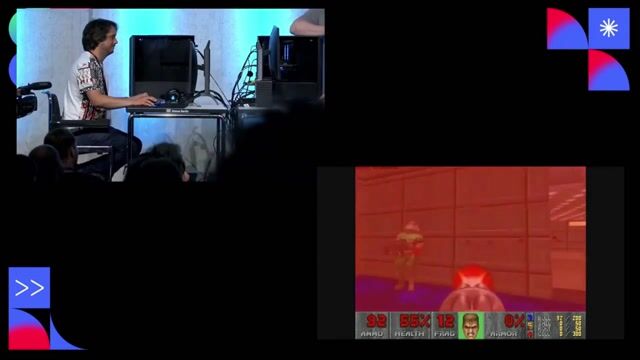
04:35 MIN
Q&A on current projects and game development
Live doom II deathmatch with John Romero
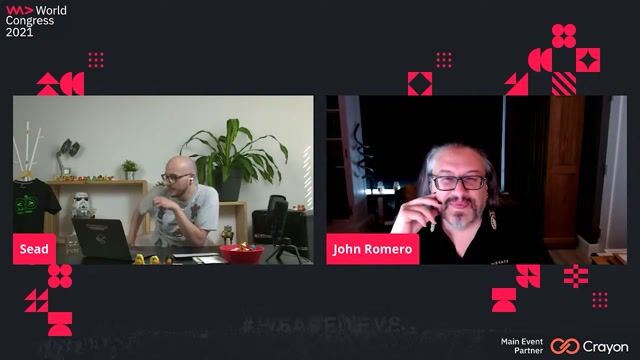
05:16 MIN
Q&A on modern game releases and industry advice
A Lifetime in Games: The Past, Present and Future of the Industry
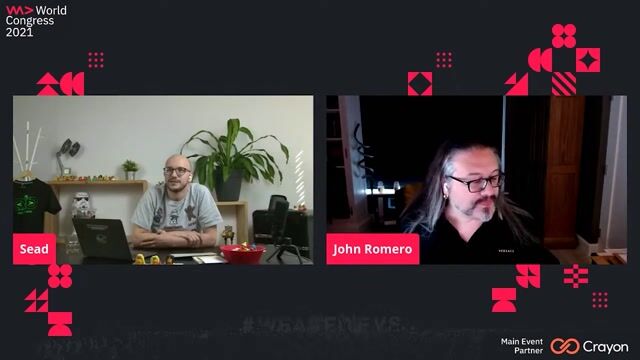
06:04 MIN
Q&A on VR, learning from failure, and creativity
A Lifetime in Games: The Past, Present and Future of the Industry
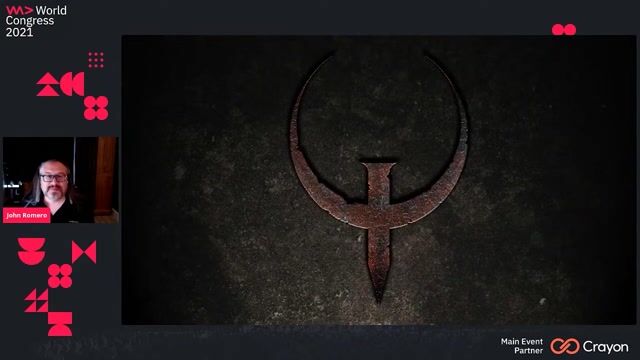
01:26 MIN
Pushing boundaries with Quake and leaving id Software
A Lifetime in Games: The Past, Present and Future of the Industry
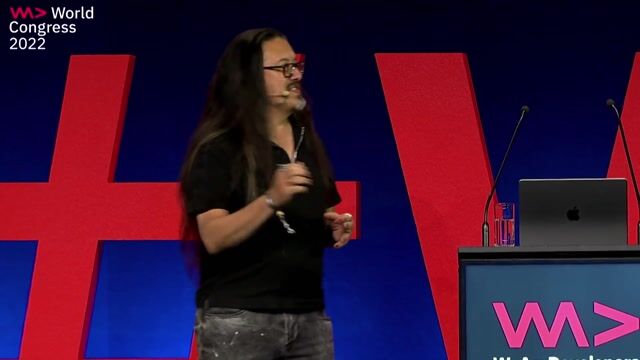
01:28 MIN
Q&A on Unreal Engine and Doom sound effects
Wolfenstein 3D Postmortem
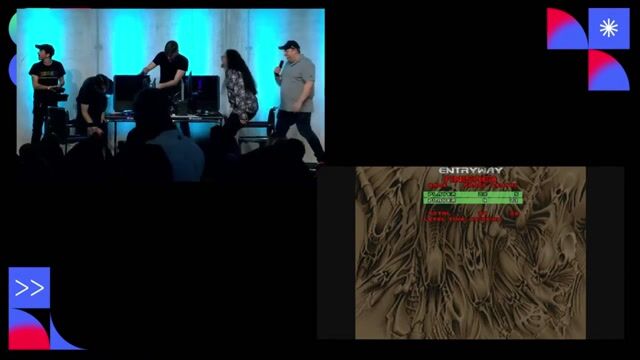
03:35 MIN
The origins of Doom and the rise of LAN parties
Live doom II deathmatch with John Romero
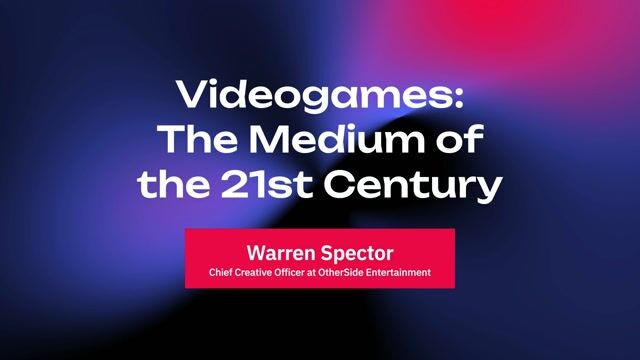
08:01 MIN
A veteran's journey through game development history
Videogames: The Medium of the 21st Century
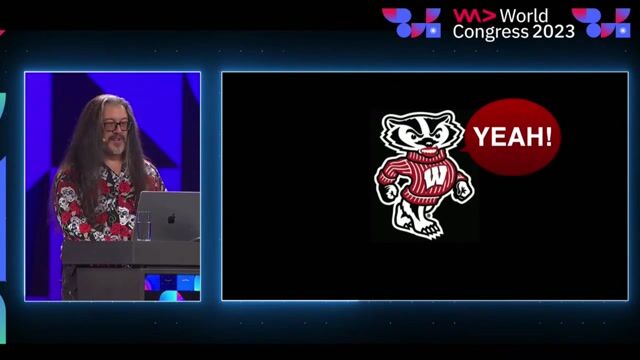
04:31 MIN
Doom's lasting impact on gaming and modding culture
30 Years of Rip and Tear: Doom’s development story
Featured Partners
Related Videos
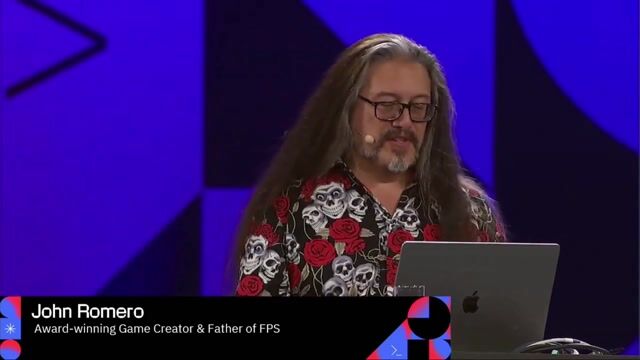 29:37
29:3730 Years of Rip and Tear: Doom’s development story
John Romero
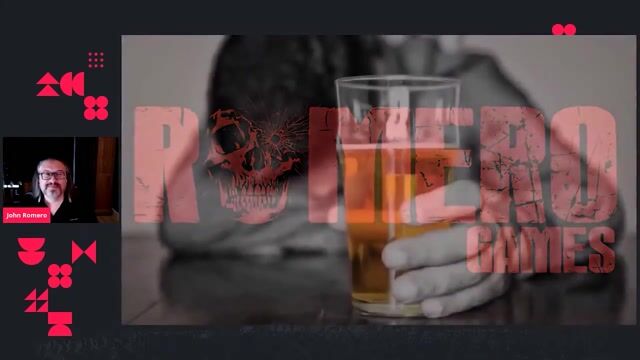 47:36
47:36A Lifetime in Games: The Past, Present and Future of the Industry
John Romero
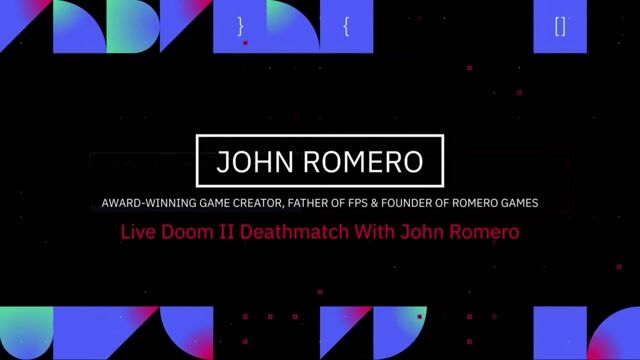 1:10:16
1:10:16Live doom II deathmatch with John Romero
John Romero
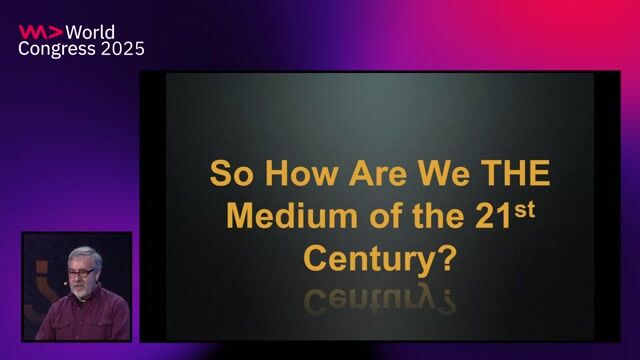 36:13
36:13Videogames: The Medium of the 21st Century
Warren Spector
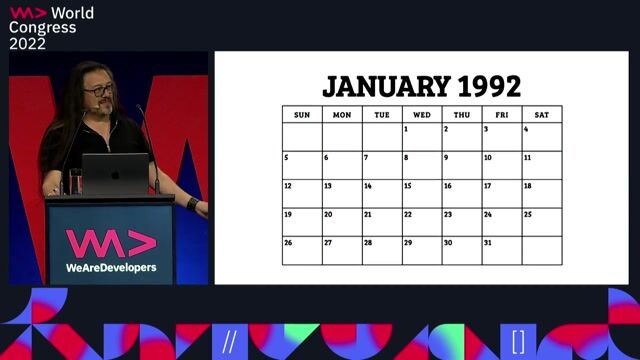 44:49
44:49Wolfenstein 3D Postmortem
John Romero
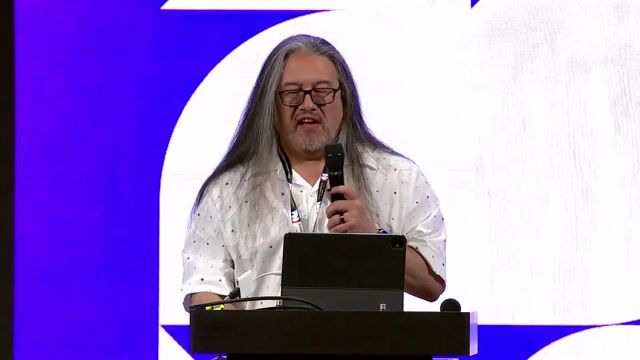 23:12
23:12What AI Can, Can’t, and Shouldn’t do for Games
John Romero
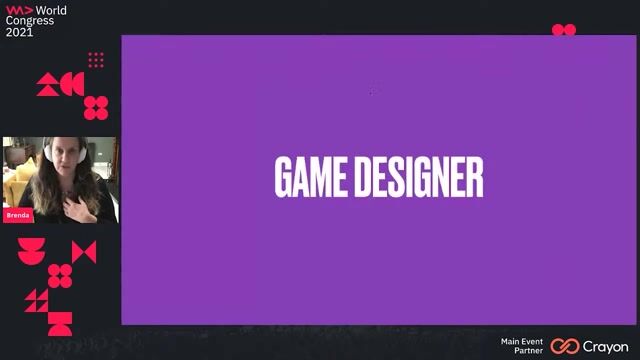 56:37
56:37The Story of Games
Brenda Romero
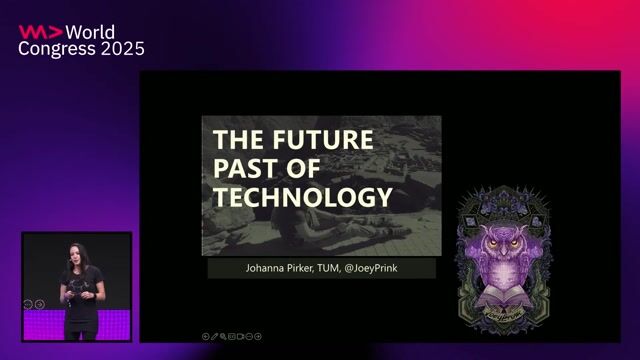 29:27
29:27The Future Past of Technology - A Game Developers POV
Johanna Pirker
Related Articles
View all articles



From learning to earning
Jobs that call for the skills explored in this talk.


Datascope Recruitment
Colchester, United Kingdom
Remote
£85K
C++
Unreal Engine


Datascope Recruitment
Worcester, United Kingdom
Remote
£85K
C++
Unreal Engine

Datascope Recruitment
Ipswich, United Kingdom
Remote
£85K
C++
Unreal Engine

Datascope Recruitment
Woking, United Kingdom
Remote
£85K
C++
Unreal Engine


